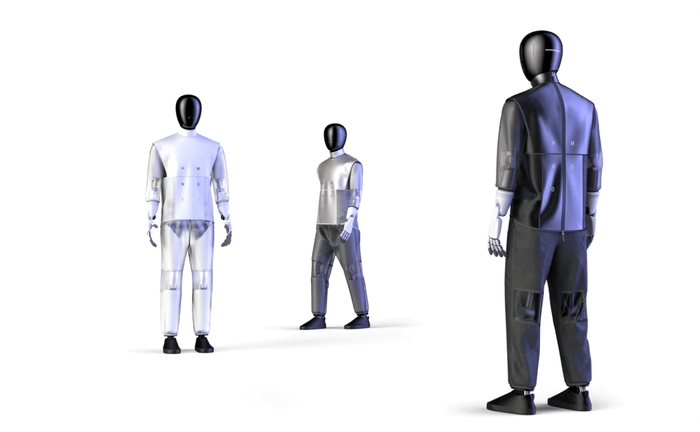
Robotics startup Skild AI has raised $300 million in series A funding to build foundation models to power general-purpose robots.
Founded in 2023 and split across Pittsburgh and the San Francisco Bay Area, Skild is developing AI models for robots to make them easily trainable for various tasks.
The funding road was led by SoftBank, Coatue, Lightspeed Venture Partners and Amazon founder Jeff Bezos’ Expeditions fund.
Amazon and Carnegie Mellon University also participated in the round, joined by Menlo Ventures, Sequoia and General Catalyst.
Skild plans to use the funds to scale its foundation model and related datasets ahead of future commercial deployments. The startup also wants to bring in new staff across engineering, operations and security.
“The large-scale model we are building demonstrates unparalleled generalization and emergent capabilities across robots and tasks, providing significant potential for automation within real-world environments,” said Deepak Pathak, Skild AI’s co-founder and CEO. “We believe Skild AI represents a step change in how robotics will be scaled and has the potential to change the entire physical economy.”

Credit: Skild AI
Skild wants to shake up the way robots are trained enabling them to be safe to interact with humans and be suitable for workplace use.
Using a foundation model, the startup wants to teach robots to perform general-purpose tasks more easily and efficiently, training them to operate alongside humans or in dangerous settings instead of humans.
Having brought together AI experts from Meta, Tesla, Nvidia, Amazon and Google, Skild says its model will lower the cost of deploying robots across a broad range of applications.
The company claims its foundation model contains 1,000 times more data points than rival systems, describing it as a “shared, general-purpose brain for a diverse embodiment of robots, scenarios and tasks.”
The foundation model can be applied to various types of robots, including quadruped and humanoids, enabling them to perform complex household and industrial tasks.
The startup wants its robots to address labor shortages. The company’s long-term goal is to develop artificial general intelligence (AGI) that’s applicable in the physical world. It is already offering automation solutions for visual inspection and patrolling tasks.
“A GPT-3 moment is coming to the world of robotics,” said Stephanie Zhan, a partner at Sequoia Capital. “It will spark a monumental shift that brings advancements similar to what we’ve seen in the world of digital intelligence, to the physical world. Since partnering with Skild AI at the seed round, I have deep conviction that they are the team to pursue one of the most ambitious visions of our era.”
About the Author
You May Also Like
.jpg?width=100&auto=webp&quality=80&disable=upscale)
.jpg?width=400&auto=webp&quality=80&disable=upscale)





